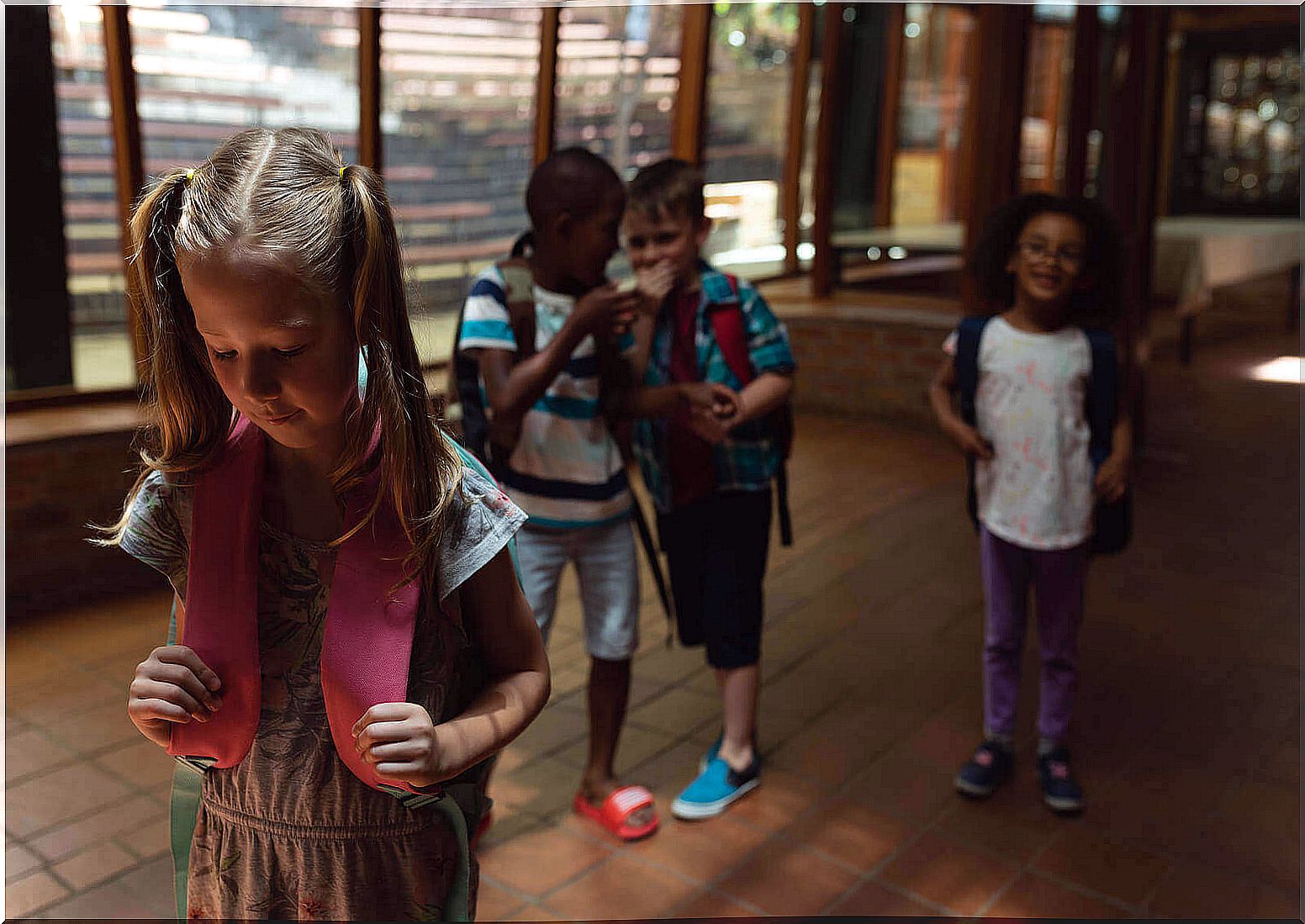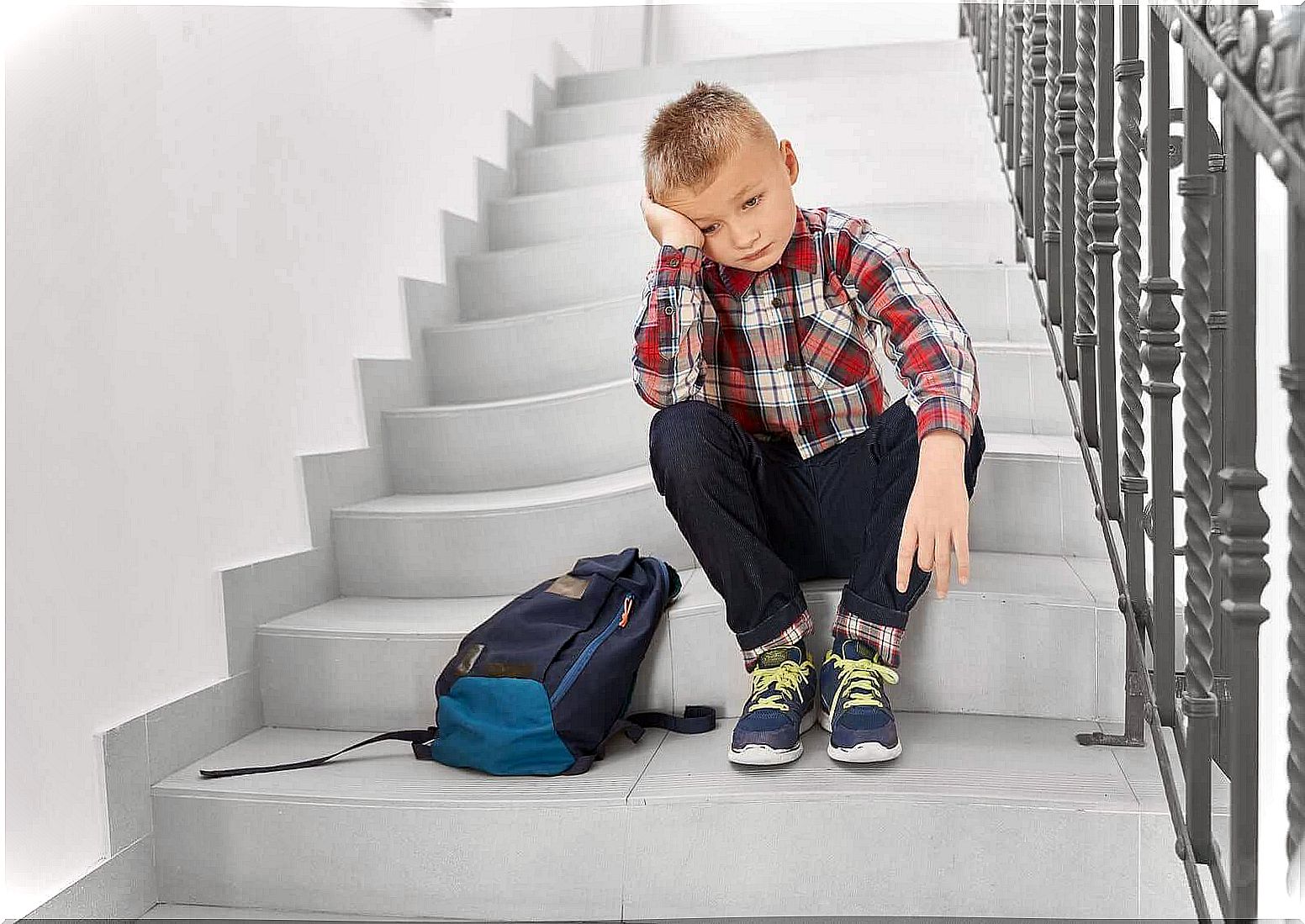Child’s School Phobia

Many children and teenagers at some point try to avoid going to school, which is a perfectly normal phenomenon. However, if a child is constantly and vigorously avoiding school or even afraid to go to school, it may be a school phobia.
What does school phobia mean and why?
Phobia is a fear based on the existence of a real threat related to certain situations or objects, the anxiety symptoms of which a person is unable to control. School phobia has the following characteristics:
- Excessive, disproportionate and irrational fear of school. Fear that has lasted for more than six months may indicate school phobia.
- The child opposes going to school by all means.
- The thought of going to school produces a strong anxiety and a feeling of discomfort for the child. This can involve not only crying and teasing, but also somatic symptoms such as headaches or abdominal pain.
- Fear significantly affects a child’s daily life and interferes with school performance, social relationships, and other aspects of life.
In many cases, school phobia has its roots in some unpleasant experience in a school setting. For example, a child may be in conflict with a teacher, be bullied, or have other difficulties with their peers. The heightened fear of school may also be due to the fact that the child has testified that his or her classmates experience the above-mentioned situations or heard about similar cases, for example on television. Excessive shyness and tenderness can also predispose to school phobia.
What to do if a child suffers from school phobia?

Exposure to the subject of fear
When parents notice a child’s anxiety about going to school, they may let him or her stay home so that he or she does not feel uncomfortable. However, avoiding the object of fear often only nourishes and reinforces the child’s phobia. However, this does not mean that the child should be too strict, prescriptive or cruel. It is important that the fear he experiences is not underestimated or punished. Parents must always show the child their support and assistance.
Necessary tools
It is important for parents to provide the child with tools to work with fear because he or she is not yet able to do it himself or herself. In overcoming fear, all a and o is to find out the origin of the fear and address it.
- If a child has problems with a teacher or classmates, parents need to talk to the school so that action can be taken.
- If your child is having difficulty getting along with other children, you should practice social skills with him or her. If he has low self-esteem or is really shy, it’s a good idea to try to work on his self-confidence.
- The child can be taught to relax through a variety of relaxation methods and breathing exercises that help relieve anxiety.
Professional assistance
In all cases, parents will not be able to provide the help the child needs, in which case it is advisable to turn to professional help. For example, a child psychologist can work with the child and also support and guide parents in the situation.









